In today’s fast-paced business landscape, leveraging the power of artificial intelligence (AI) is becoming increasingly crucial for organizations across various industries. One area where AI is making a significant impact is in Salesforce development. With the emergence of AI tools specifically designed for Salesforce, businesses can streamline their sales processes, enhance productivity, and gain valuable insights to drive growth.
In this article, we will explore the world of AI tools for Salesforce development and their profound implications for businesses.

Table of Contents
AI Tools for Salesforce Development: Empowering Sales Teams
Salesforce, the world’s leading customer relationship management (CRM) platform, offers a robust framework for businesses to manage their sales processes effectively. However, with the integration of AI tools, Salesforce becomes even more powerful, enabling sales teams to leverage advanced analytics, automation, and predictive capabilities. Let’s delve into some of the AI tools transforming the landscape of Salesforce development.
Maximizing Sales with AI-Driven Lead Scoring
Understanding Lead Scoring
Lead scoring is a critical aspect of the sales process, as it helps sales teams prioritize and focus their efforts on leads with the highest potential for conversion. Traditionally, lead scoring has been a manual and time-consuming process. However, with AI tools for Salesforce development, lead scoring becomes automated and highly accurate.
Leveraging AI Tools for Lead Scoring
AI-powered lead-scoring tools utilize advanced algorithms to analyze a wide range of data points, including prospect interactions, demographics, and online behavior. By leveraging machine learning and predictive analytics, these tools assign a lead score to each prospect, indicating the likelihood of conversion. Sales teams can then prioritize their efforts based on these scores, ensuring they invest their time and resources in leads with the highest probability of closing a deal.
Enhancing Customer Engagement with AI-Powered Chatbots
The Rise of Chatbots in Customer Service
In today’s digital era, customers expect prompt and personalized support at all times. With the proliferation of online channels, businesses face the challenge of delivering consistent customer engagement. This is where AI-powered chatbots come into play.
How AI-Powered Chatbots Work in Salesforce
AI-powered chatbots integrated into the Salesforce ecosystem can handle a wide range of customer queries, from basic support to complex troubleshooting. These chatbots use natural language processing (NLP) algorithms to understand customer inquiries and provide relevant responses. By automating customer interactions, businesses can improve response times, reduce support costs, and enhance customer satisfaction.
Leveraging AI for Sales Forecasting and Pipeline Management
The Importance of Accurate Sales Forecasting
Sales forecasting is crucial for businesses to plan their resources, set realistic targets, and make informed strategic decisions. However, manual sales forecasting processes are often prone to human error and may not capture the complexity and nuances of sales data. AI tools offer a more accurate and efficient solution.
AI-Driven Sales Forecasting and Pipeline Management
AI tools for Salesforce development can analyze historical sales data, market trends, and other external factors to provide accurate sales forecasts. By leveraging machine learning algorithms, these tools can identify patterns and insights that humans may overlook, enabling businesses to make data-driven decisions with confidence. Moreover, AI tools can also provide real-time visibility into the sales pipeline, helping sales teams prioritize leads, identify bottlenecks, and optimize their sales processes.
FAQs (Frequently Asked Questions)
Q: How do AI tools enhance Salesforce development?
AI tools enhance Salesforce development by automating manual processes, providing predictive insights, and improving overall efficiency. They enable businesses to streamline sales processes, enhance customer engagement, and make data-driven decisions.
Q: Can AI-powered chatbots replace human customer service representatives?
While AI-powered chatbots can handle a wide range of customer inquiries, they are not designed to replace human customer service representatives entirely. Chatbots excel at handling repetitive tasks and providing quick responses. However, for complex or emotionally sensitive issues, human intervention may still be necessary to deliver personalized and empathetic support.
Q: Are AI tools for Salesforce development only suitable for large enterprises?
No, AI tools for Salesforce development are suitable for businesses of all sizes. Whether you are a small startup or a large enterprise, these tools can help you optimize your sales processes, improve customer engagement, and drive growth. Many AI tools offer flexible pricing plans to accommodate businesses with different needs and budgets.
Q: Do I need technical expertise to implement AI tools in Salesforce?
While technical expertise can be beneficial, many AI tools for Salesforce development are designed to be user-friendly and require minimal coding or technical skills. Salesforce provides a user-friendly interface for integrating AI tools, and many third-party vendors offer intuitive solutions that can be easily adopted by non-technical users.
Q: Can AI tools for Salesforce development adapt to changing business needs?
Yes, AI tools for Salesforce development are designed to be flexible and adaptable to changing business needs. As your business evolves and your requirements change, you can customize and configure these tools to align with your specific needs. Additionally, AI tools often incorporate machine learning capabilities, allowing them to continuously learn and improve over time.
Q: What are the potential challenges of implementing AI tools in Salesforce?
Implementing AI tools in Salesforce may come with certain challenges, such as data privacy and security concerns, integration complexities, and user adoption. It is essential to carefully evaluate and select AI tools that align with your business objectives and ensure proper training and support for your team during the implementation process.
Conclusion
The integration of AI tools in Salesforce development is transforming the way businesses approach sales processes, customer engagement, and strategic decision-making. By leveraging AI-driven lead scoring, chatbots, and sales forecasting capabilities, businesses can optimize their sales operations, enhance customer satisfaction, and stay ahead of the competition.
As AI continues to advance, the possibilities for Salesforce development are limitless. Embracing AI tools today can pave the way for a more efficient, productive, and successful future in sales.





